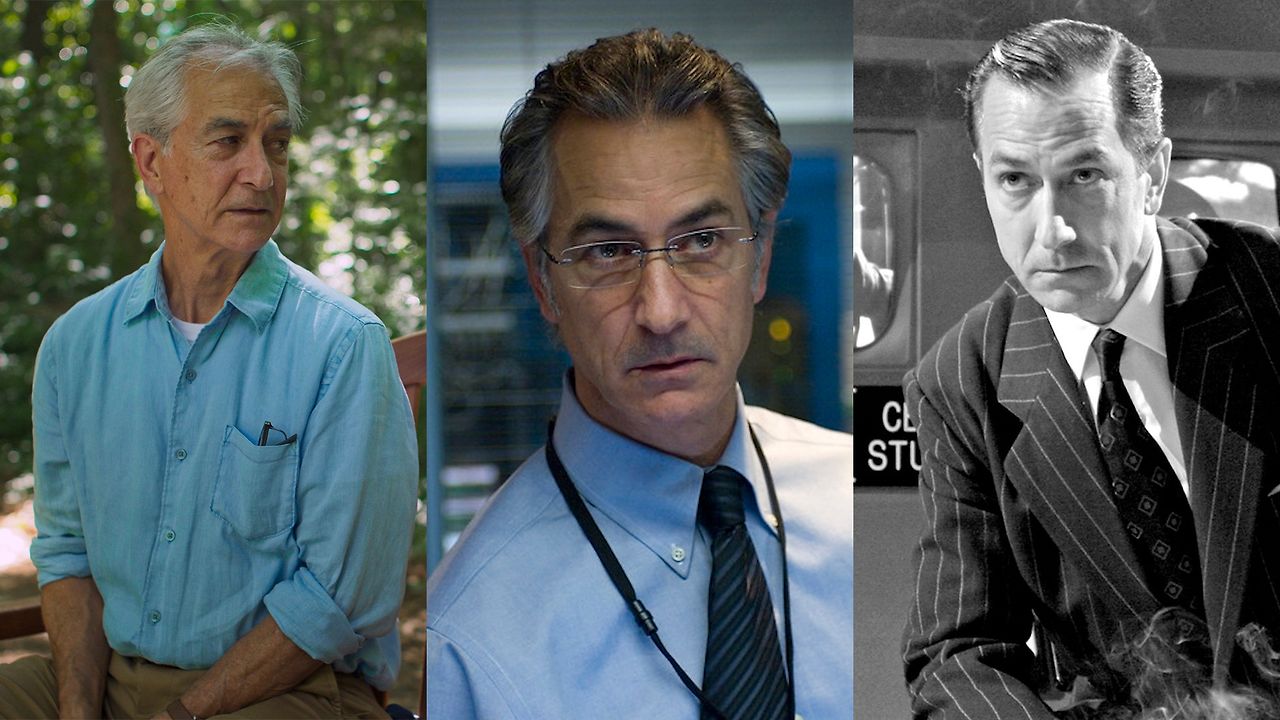A Little Prayer is such a lovely, sensitive story about an American family struggling with difficult questions that impact the people they care about most. It covers a lot of ground but always in that intimate, familial context.
David Strathairn: You put it exactly. It seems like a small, little family film, but it does have resonances that a lot of people can identify with. That’s what I loved when I first read the script. I thought, “Oh, this is not just one family. This is a lot of families.” This is a wonderful peek through the screen door, somewhere I think people can recognize themselves. They may not have had the same situations to deal with, same issues. But the way the film walks gently, sincerely through each and every one of the things the family is dealing with, I loved that. There was no heavy hand, in any particular way, just a wonderful quilt of well-woven, simply delivered moments. I was drawn to that right away.
Stories about everyday life, everyday people, they bond our society—in a subtle way. This is a little bit highfalutin, but they do. When people sit in a theater, in one room together with strangers, they’re experiencing something they could share. They could think about who they’re sitting next to, or their brother’s family, or their sister, or what their parents were going through. All that can be very resonant. It’s important that we tell these stories, so it makes people feel a little bit less alone.
Through your character in this film, who struggles with the question of what he owes to the people he loves, A Little Prayer is exploring notions of moral courage and individual responsibility that feel like through lines in your career. Good Night, and Good Luck is a portrait of integrity in the face of intimidation, as is Remember This. As far back as your first films with John Sayles, that idea of standing up to power has been present. Back then, was it a theme you were intentionally exploring?
It’s a great question. I guess I’ve always been drawn to those ideas. When I first got into theater, what struck me most about being in that world—what attracted me most—was that, when you’re researching a play or a character, and you’re given the opportunity to learn at any time in history what was affecting this person’s life, it gives you this dome of awareness you can bring to the creation or depiction of a character. This has informed me, in so many ways, about the human experience.


